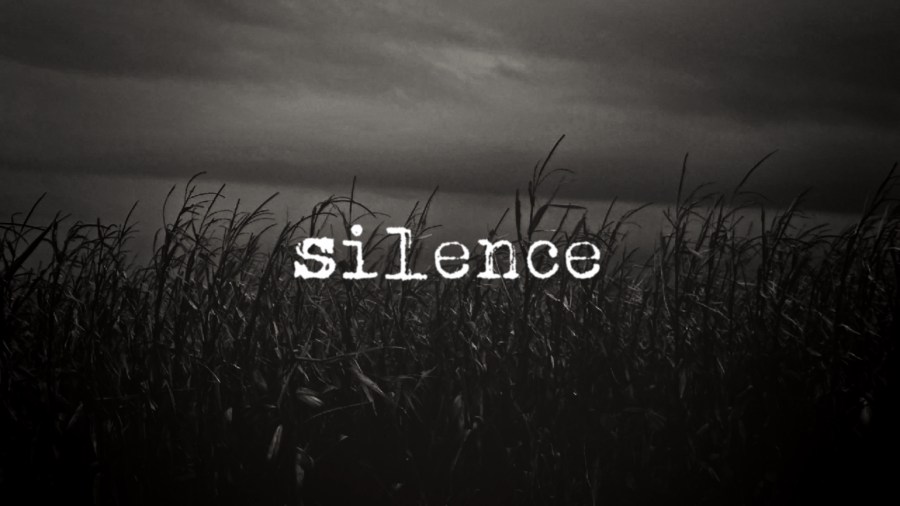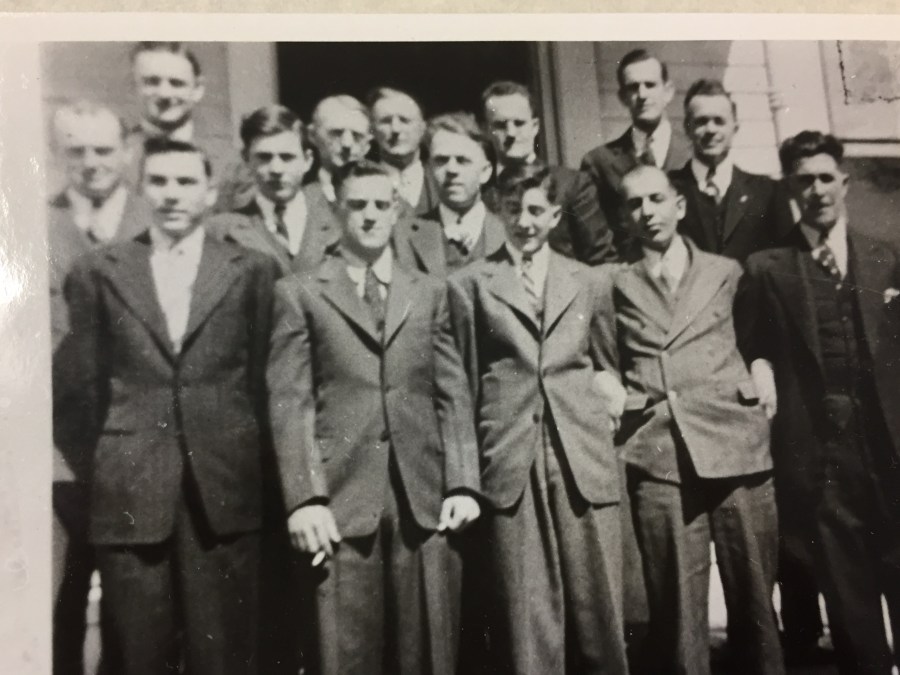Palm Sunday is filled with music.
This Sunday we can look forward to the children singing (so cute!) and our bell
choir (beautifully ringing from our balcony). For the 86th time in
our history, the men’s chorus will sing “The Palms.” This tradition, started by
Vernon Wetherell in 1933, celebrates Jesus’ arrival in Jerusalem and is a
highlight of this special day.
To top it all off, we will also
be celebrating a baptism (congratulations, Mila!). It promises to be a joyous, uplifting
service.
But. Here’s the thing about Palm Sunday.
It’s tricky. Just when you think it’s safe to relax in the joy and praise –
Hosanna! – It takes a turn. The service shifts. The music fades away. The
lights are dimmed. The flowers and the altar cloths are removed. In the bleak
silence we hear the story of Jesus’ arrest, pain, doubt, agony, temptation, and
loss.
Palm Sunday invites us to enter Holy
Week, the days that will – eventually – lead us to Easter.
When the going gets tough, we’d
rather be singing. Who wouldn’t prefer one more verse of “Glory, Laud, and
Honor” rather than thinking about life’s hardships – betrayal, fear, tears, and
suffering.
What’s wrong with Christians? Are
we masochists? Gluttons for punishment?
Why do we have to consider those elements of human life that we would
rather avoid? Why do we listen to the litany of suffering that Jesus endured?
We’d rather be singing.
We listen because it’s part of
our Christian story. Even more than that, it is part of our human story. Every
life contains twists and turns. Everyone will encounter moments of despair. Every
life confronts painful loss and sadness.
Palm Sunday reminds us that we
are not alone on that journey. Jesus went before us. He knows the path, he has
experienced this a lifetime of heartbreak. When we lift up urgent prayers for
ourselves and others, we are speaking to One who knows. Palm Sunday provides profound
Good News; even when we are on an unwanted journey or our life has taken an
unexpected turn, we have good company along the way.
So this Sunday, if you are filled
with joy, go ahead and sing songs of praise. Lift up your voice to celebrate
the “one who comes in the name of the Lord.”
Hosanna! Celebrate old traditions and welcome new forms of worship and
praise.
If, however, you are not able to
muster a song and you can find no reason to be thankful, remember Palm Sunday
is for you, as well. Joy and sadness are often intertwined in our complicated
human lives. In the quieter moments of Palm Sunday, listen for words of comfort,
courage, and hope. Wherever we are on life’s journey – filled with cheer or
bent over in grief – God provides the music to guide our paths.











